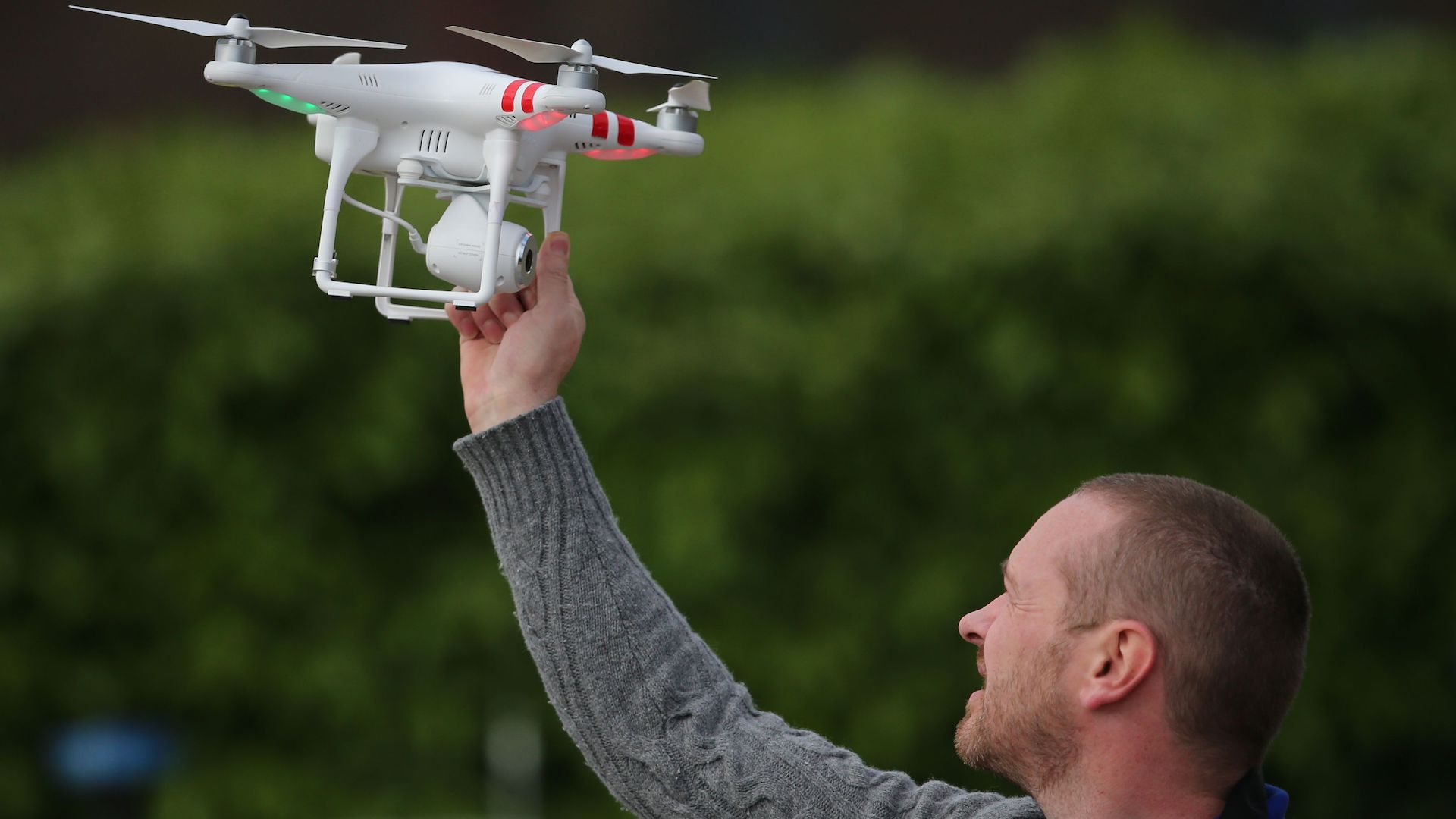

The Galway-Mayo Institute of Technology (GMIT) is ready to utilize drone technology in its efforts to asses water quality in Ireland’s western lakes, according to The Irish Times. The GMIT Marine and Freshwater Research Center recently acquired $154,457 (132,000 euros) in funding for the Environmental Protection Agency for the project, as part of the EPA’s global lake monitoring efforts.
The scientists at GMIT pushing for drone technology to be used here see unmanned aerial vehicles as the most rational, effective tool for the situation. Not only can drones expand the range of testing and deliver accurate results with substantial ease of use, but shifting these efforts to be more autonomous also leads to reduced labor costs and a virtually complete eradication of safety risks for human workers.
Project lead scientist Dr. Heather Lally says environmental drone use has “really taken off” across the world in recent years, and is presumably quite eager to catch up. GMIT’s project is focused on testing the water quality in some of Ireland’s more inaccessible and difficult areas. Under Europe’s Water Framework Directive, the country is essentially required to monitor the health of its waterways. With the help of UAVs and licensed drone pilots, GMIT’s water chemistry scientists, lake biologists, and engineers will work together during the next two years to do so.
GMIT vice president for research and innovation, Dr. Rick Officer, said the institute had already started aerially monitoring the environment, but that this particular initiative would the be first of its kind regarding the testing of regional water quality. GMIT’s scientists won’t be alone, either, as Rutgers University professor Olaf Jensen (who has aerially monitored rivers and lakes in North America and Mongolia) and drone retailer Model Heli Services will lend their experienced hands.
While the aforementioned funding for this research initiative is a sizeable amount of money, it’s a generally wise expenditure that should let Irish scientists know just where the country’s water quality stands. Fortunately, there seems to be no apparent end to the increasingly common environmental drone use these days, and GMIT’s efforts are just another reminder that a lot of our modern, unmanned technologies are serving the greater good sometimes.